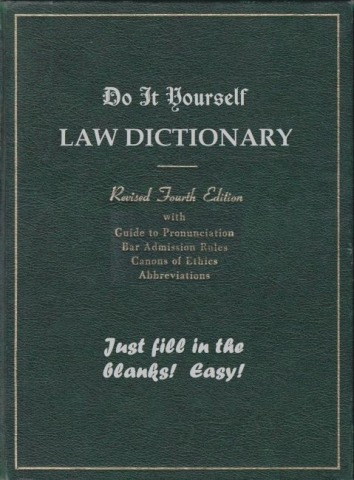
Before you complain that by overturning certain precedents which have stood for years, the new majority on the U.S. Supreme Court is “threatening democracy,” consider how some of the Court’s precedents were established in the first place.

Before you complain that by overturning certain precedents which have stood for years, the new majority on the U.S. Supreme Court is “threatening democracy,” consider how some of the Court’s precedents were established in the first place.

Now that the movie Oppenheimer is making the rounds, it seems opportune to repost a reflection I posted about the man back in 2020, when we were in a whirl not about bombs, but about viruses. Read on.
+++++ + +++++


Most people have come up against writer’s block at one time or another. Some, including even some experienced writers, suffer it frequently. I don’t suffer it often, but that’s only because I’ve learned a variety of tricks, which I now share. I don’t guarantee that every one of them will work for everyone, but try them and see if they work for you.

I know intelligence is not the same as moral virtue. As my mom says, IQ produced the atomic bomb. What I find, though, is that a lot of people do seem to suggest their equivalence. For example, some social scientists claim a correlation between IQ and incarceration rates.


Hear me talking for three and a half minutes about The study of self-deception on the Catholic Culture Podcast. (Interviewer Thomas V. Mirus.)

The more complex our social arrangements are, the more effort is needed to keep them running. This belonged to the common sense of social life long before it was codified in physics as the Second Law of Thermodynamics. Living creatures die; so do cities, nations, and civilizations.

Recently, as we were visiting his church out of town, an acquaintance who works hard to bring in the sheaves greeted me and my wife with the friendly remark, "I like people who believe in something." I wondered: Do the people we casually describe as believing nothing literally believe nothing? Or do they believe something after all?

Hear me talking for eight minutes about Why Stoicism won't make you happy on the Catholic Culture Podcast. (Interviewer Thomas V. Mirus.)